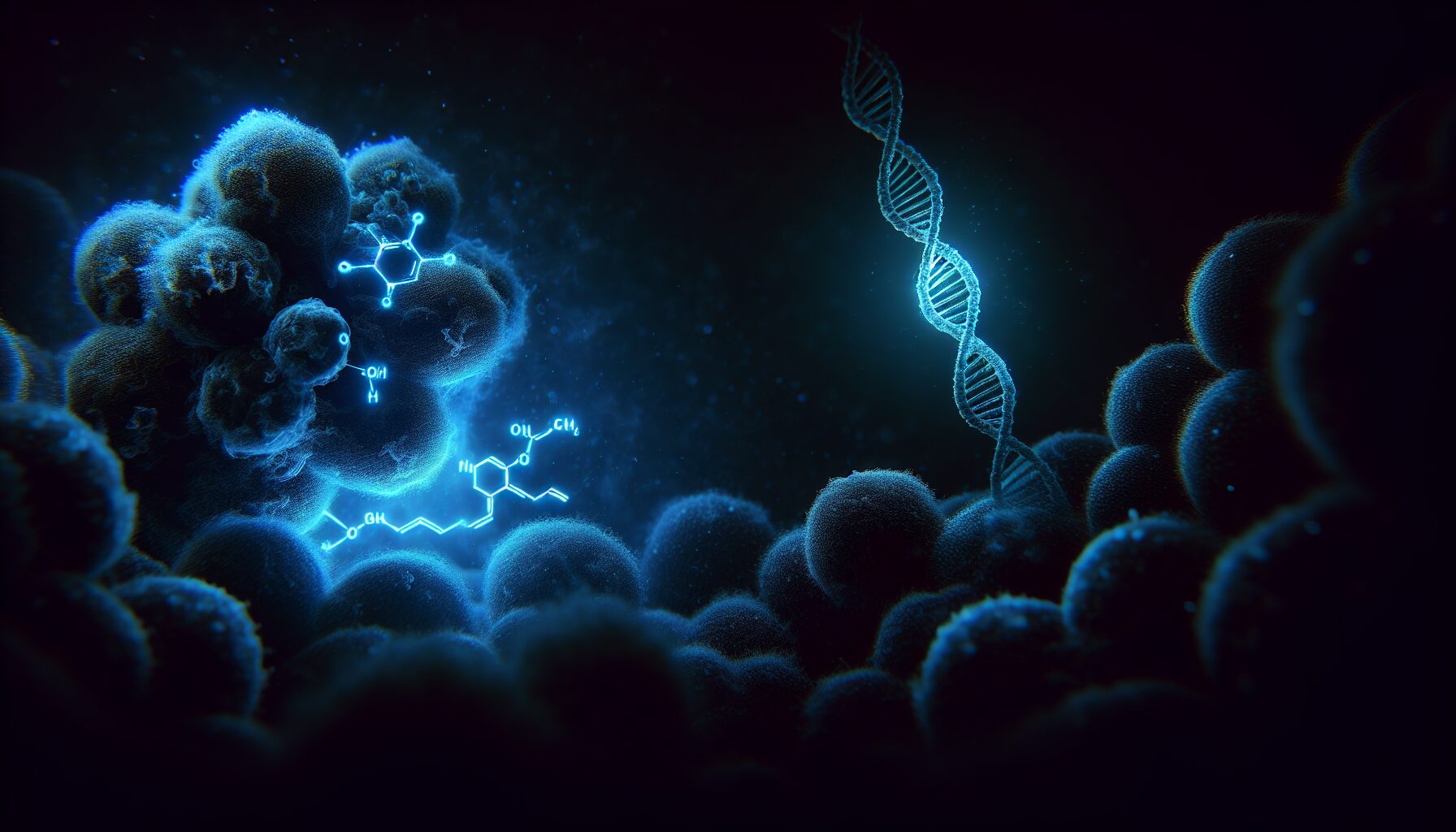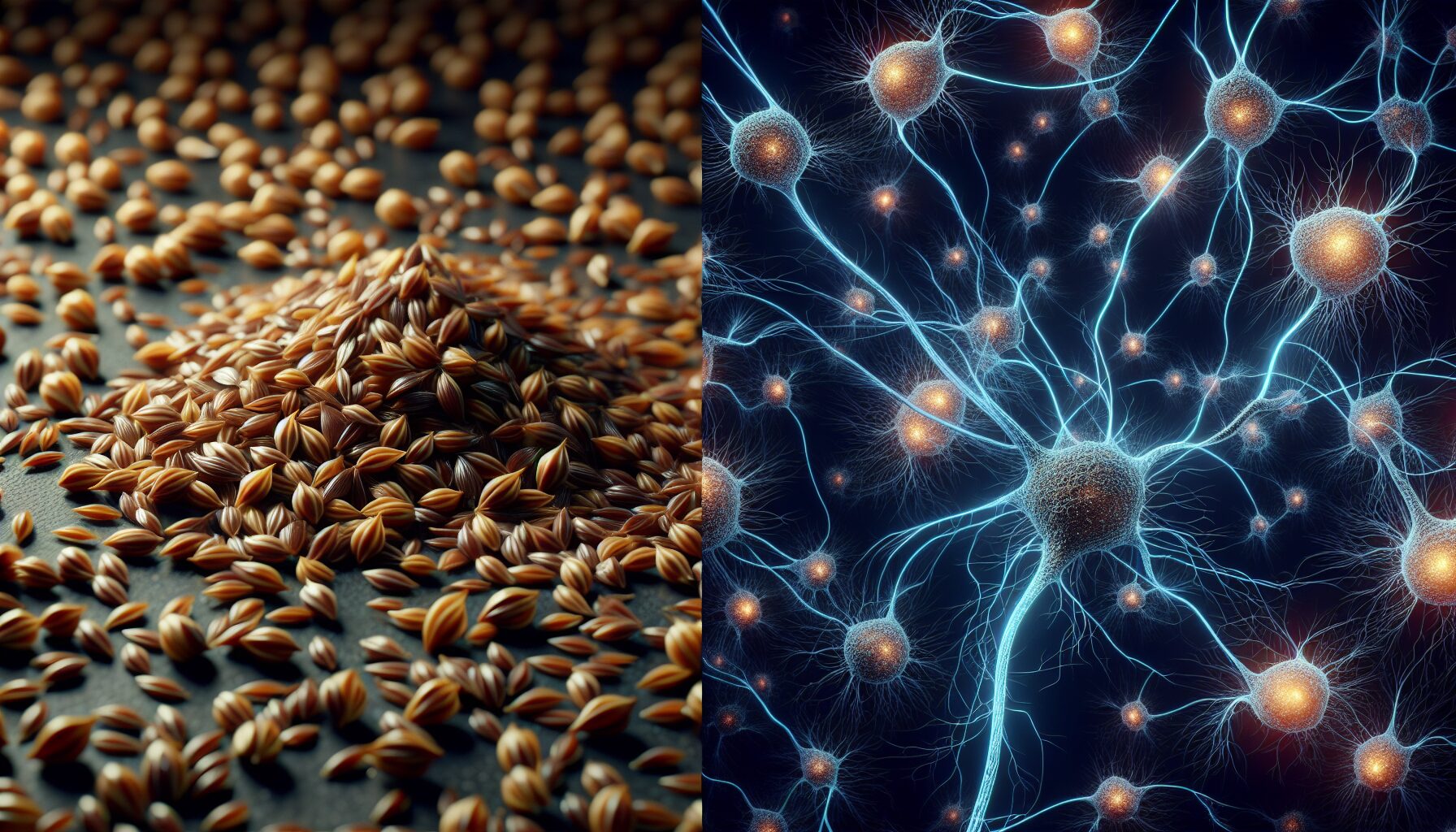
Phycocyanin Supplement Benefits : Blue Spirulina And Our Health
Phycocyanin is a unique cyanobacteria pigment found in spirulina powders which could present us with health benefits as a supplement.
Spirulina or cyanobacterial powder may seem like something from a different age. Especially blue spirulina powder. The US space exploration agency NASA have certainly taken a huge interest in spirulina because of the nutrient density of this food. Cyanobacteria may also be harvested in space. Spirulina powders are very popular additions to juice drinks and smoothies too.
Blue and green cyanobacteria are blended into different spirulina powders. This includes blue spirulina powder a near cousin of green spirulina powder. Spirulina powders are rich in various nutrients such as manganese and magnesium. These nutrients are able to support various aspects of our health such as optimal muscular functioning and antioxidant status.
Spirulina is also a rich source of amino acids which form our body proteins and muscles. Cyanobacteria or spirulina powders are also a source of iodine and fibres. Spirulina powders have generated interest themselves within the wellness community for their probiotic, neuroprotective, antioxidant and anti obesity properties.
Phycocyanin is a blue photosynthetic pigment which is found in higher quantities in blue cyanobacteria and blue spirulina powders. Blue spirulina or cyanobacteria photosynthesise like plants do and this is why they contain this light receptive pigment. This pigment assists with accelerating oxygen production from photosynthesis. Phycocyanin adds to the nutritional value of spirulina powders as a result of strong antioxidant capacity and is a nutraceutical compound.
Here the possible health benefits of consuming a phycocyanin supplement from blue spirulina will be looked at to consider their ability to support your day to day wellbeing and overall wellness.

How Phycocyanin Rich Cyanobacteria Offer Health Benefits
Blue photosynthetic cyanobacteria contain a light receptive centre which is rich in a phycobiliprotein pigment known as phycocyanin. They actually contain clusters of these proteins in their light receptive centres. This protein has a magnificent blue colour in blue spirulina and is one of the main pigments within blue spirulina or cyanobacteria powders.
Phycocyanin is water soluble which improves the nutrient value to humans as a supplement or in the diet and also any resulting health benefits. Nutrient absorption from foods is a difficult process. Some compounds are better absorbed than others in our diet.
Recent studies show that this pigment has possible health benefits within the body. Phycocyanin is a very strong cleanser of reactive oxygen and nitrogen molecules. This explains most of the possible health benefits of phycocyanin as a supplement or in the diet. The antioxidant activity of phycocyanin prevents oxidative damage and stress within the body.
Phycocyanin As A Health Promoting Antioxidant
Oxidative damage could cause all sorts of issues within the body and is the source of systemic inflammation. An imbalance of antioxidants to reactive molecules within the body is the cause of oxidative stress.
Cyanobacterial or spirulina supplements rich in the antioxidant phycocyanin pigment could be preventative of chronic inflammation, cancer development, kidney damage and liver injuries. These are all issues which are worsened by accumulative oxidative stress.
Initial studies with phycocyanin have shown that phycocyanin could protect some tissues from oxidative challenge and the development of cancers. This is most likely because of antioxidant activity while phycocyanin may also initiate cell death in unhealthy cells and autophagy.
This led one study to conclude this pigment is an anti carcinogenic agent which could suppress melanoma or breast cancer development and is especially bioactive if enriched with selenium. Other studies have found that phycocyanin binds strongly to cancer cells.
Studies have also found that phycocyanin could promote improved antioxidant levels in kidney and liver tissues which is protective of their overall health. Phycocyanin has been observed to reduce DNA damage and oxidative stress in liver tissue.
As a strong antioxidant phycocyanin could theoretically offer health benefits as a supplement for the prevention of atherosclerosis, neurodegenerative diseases, inflammatory caused diabetes and accelerated aging.

Phycocyanin For Brain And Heart Health
Blue spirulina could be protective against brain diseases of old age such as Parkinson’s and Alzheimer’s disease. This is because some studies show that phycocyanin could reduce lipid radical formation and promote the remyelination of nerve cells. These influences on nerve cells would have protective effects against neurodegeneration. This is most likely because of a strong antioxidant capacity and a possible influence on the antioxidant enzyme superoxide dismutase.
Blue spirulina powder which is rich in phycocyanin may also protect blood vessels from oxidative stress and atherosclerosis. This is a process where blood vessels form plaques and can result in heart attacks or strokes. A phycocyanin supplement could therefore have possible health benefits in protecting our heart but this would need to be looked into further.
Phycocyanin interacts with a cell receptor of blood vessel formation to partially modulate this function within the body. This pigment could reduce the release of caspase-9 in addition to reducing levels of reactive oxygen species in heart cells.
Other studies have found that phycocyanin could aid wound healing too through helping the body to produce niche fibroblast cells. This is also useful for optimal heart and vascular health. The reduction of oxidative stress accumulation is effective for assisting wound healing and also affects diabetic risks.

Phycocyanin As An Anti Microbial
Initial studies also show that phycocyanin may assist with boosting the immune system or blood building. More studies are needed in this topic to confirm this though. At certain concentrations phycocyanin has antimicrobial characteristics and inhibits pathogens such as S. aureus and Salmonella Typhi.
Some of these bacteria can cause acne and phycocyanin may be preventative of gut dysbiosis. Gut dysbiosis is where health harming bacteria outgrow the health promoting bacteria within the body and could cause an increase in systemic inflammation. Systemic inflammation influences various skin diseases too.
Phycocyanin could reduce symptoms of acne or atopic dermatitis through reducing the growth of P. acnes and S. epidermis. Phycocyanin could also inhibit the growth of the fungus Candida albicans. Other research has shown that phycocyanin could improve intestinal villi length which may have a positive influence on nutrient absorption.
Overall phycocyanin is a very strong antioxidant compound which may influence areas of our health such as the gut and heart. Phycocyanin has a lot of future promise as a market leading nutraceutical supplement.

Summary
Phycocyanin is a unique cyanobacteria pigment found in high quantities in blue spirulina powders. This pigment could present us with health benefits as a supplement because of strong antioxidant characteristics.
Phycocyanin is involved in the spirulina light harvesting complex and provides certain cyanobacteria with a unique blue colour. Consuming spirulina or cyanobacterial powder may seem like something from a distant future space age. Spirulina is a very nutrient rich food source.
Phycocyanin is water soluble which improves the nutrient value to humans. Phycocyanin is a very strong cleanser of reactive oxygen and nitrogen molecules which could offer vital organs support from oxidative stress.
Studies have found that phycocyanin may be able to prevent chronic inflammation, cancer development, kidney damage and liver injuries. Phycocyanin has been observed to reduce DNA damage and oxidative stress in liver tissue which is an indicator of these health promoting qualities.
Other studies have found that phycocyanin may be preventative of atherosclerosis and neurodegenerative diseases because of interactions within cells. Blue spirulina containing phycocyanin could improve levels of the antioxidant enzyme superoxide dismutase in the body.
Research has also confirmed in various preclinical studies that phycocyanin could influence the health of our gut microbes and be preventative of diseases such as acne or atopic dermatitis.
A phycocyanin rich supplement from blue spirulina could provide health benefits as an antioxidant promoting and inflammation lowering compound within the body.
For more interesting articles see the main articles page below.





